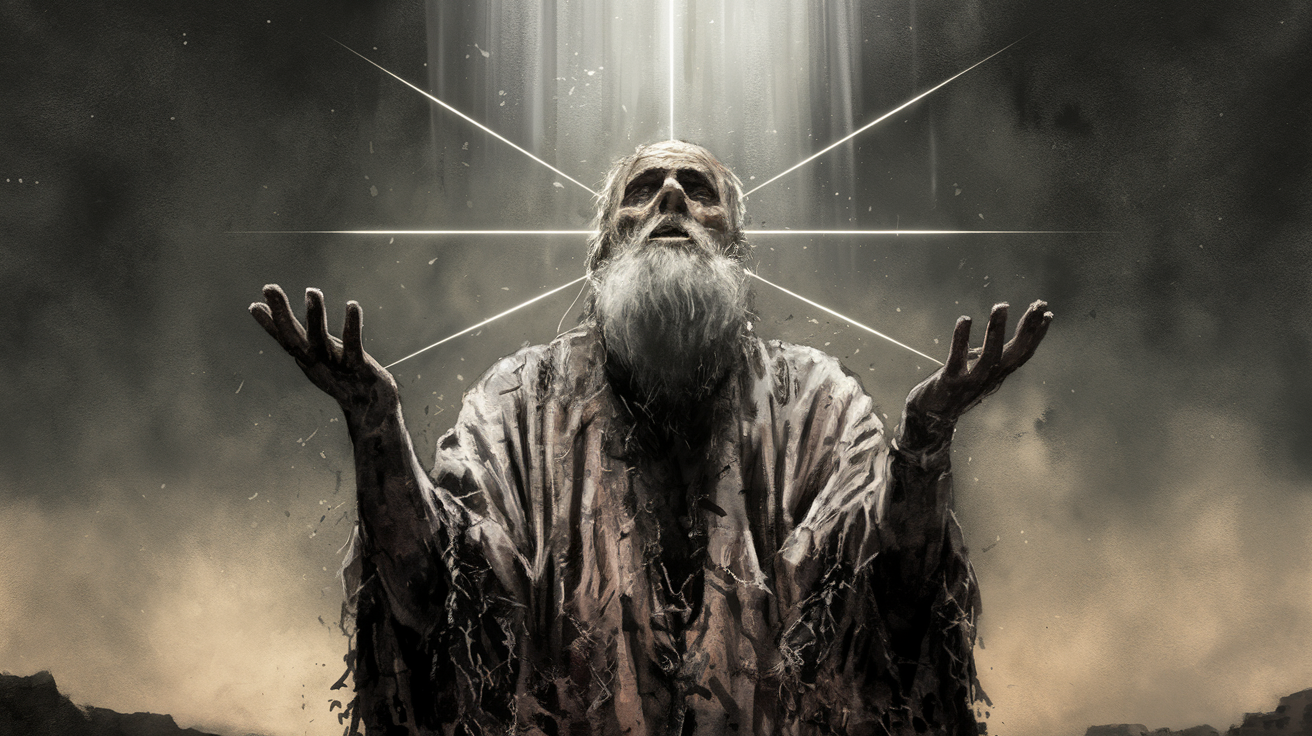In the midst of a crisis, Mordecai stands as a beacon of unwavering faith in God’s providence and sovereignty. The story of Esther is often celebrated for its dramatic turn of events, where the fate of the Jewish people is saved by a young queen’s courage. But behind the scenes, Mordecai plays a pivotal role, not only as a protector of Esther but also as a man who exemplifies absolute trust in God’s plan.
In Esther 4:14, we read Mordecai’s profound message to Queen Esther:
“For if you remain silent at this time, relief and deliverance for the Jews will arise from another place, but you and your father’s family will perish. And who knows but that you have come to your royal position for such a time as this?” (NIV)
This verse captures one of the most powerful expressions of faith in the Bible. Mordecai’s words are not a plea, nor are they a desperate attempt to manipulate Esther into action. Instead, they reveal the depth of his confidence in God’s ultimate control over the situation.
A Man of Ultimate Faith
Mordecai was not ignorant of the stakes. The king had issued a decree to annihilate the Jews, and Esther, as the queen, was in a unique position to approach the king on behalf of her people. Yet, Mordecai’s words reflect a man who knows, without question, that God’s will will be done. He does not beg Esther for help or plead with her out of desperation. He knows that deliverance will come—whether through Esther or some other means.
Mordecai’s faith is rooted in the belief that God’s plan is unshakable. If Esther chooses not to act, it is not the end of the story. God will raise up someone else to fulfill His purpose. In this moment, Mordecai is confident that God will not let His people perish, regardless of human decisions.
The Invitation to Participate
Mordecai’s message to Esther is not one of condemnation or guilt. Instead, it is an invitation to step into a divine opportunity. Mordecai recognizes that God’s plan is bigger than any one individual, and that Esther has been placed in her royal position for this very moment. The message is clear: “Who knows but that you have come to your royal position for such a time as this?”
Here, Mordecai is offering Esther a chance to be a part of God’s great deliverance, not out of duty, but out of divine purpose. The call is not one of desperation but one of divine opportunity. Esther has been uniquely positioned, and now it’s time for her to step forward in faith. This is a powerful reminder to all of us that God places us in specific situations for His purposes—whether we recognize it or not.
A Testament to God’s Faithfulness
Ultimately, Mordecai’s faith is a testament to the faithfulness of God. Even when the situation looks bleak, Mordecai trusts that God will fulfill His promises. God had promised to protect and preserve His people, and Mordecai believed that promise wholeheartedly. His words in Esther 4:14 remind us that God is sovereign, and His plans cannot be thwarted by human decisions or decrees.
While Esther’s role in the story is pivotal, it is not Esther alone who is the hero. God’s hand is at work throughout the entire narrative, orchestrating events and positioning people for His glory. Mordecai’s faith in God’s deliverance is a testimony that God works in and through His people to bring about His will.
Trusting God’s Plan for Our Lives
Mordecai’s unwavering faith invites us to reflect on our own trust in God’s plan for our lives. In times of uncertainty or difficulty, it can be easy to feel like we are powerless or that our circumstances are insurmountable. However, Mordecai reminds us that God is always in control, and His plan is greater than we can imagine.
God’s call to us may not always come with immediate clarity or understanding. Sometimes, like Esther, we are called to step out in faith, not knowing how everything will unfold. But what we can be sure of is that God is faithful, and His purposes will be fulfilled. He calls us to trust in His sovereignty, just as Mordecai did, and to step into the opportunities He places before us, knowing that He will always provide deliverance in His perfect timing.
Conclusion
Mordecai’s words in Esther 4:14 are a profound reminder of God’s faithfulness and sovereignty. His faith was not based on the hope of what Esther could do, but on the unshakable belief that God would deliver His people no matter the circumstances. Esther had the opportunity to be a part of God’s plan, but even if she chose not to act, God would find another way to bring about deliverance.
As we reflect on this powerful moment in scripture, let us remember that God has positioned us where we are for a reason. Just as Mordecai encouraged Esther to step into her role for such a time as this, God calls us to trust His plan and be bold in the opportunities He gives us. Our faith, like Mordecai’s, should rest in the knowledge that God is always at work, fulfilling His promises and guiding us to the places where we can make a difference for His glory.
Let us have faith in God’s sovereignty, knowing that His deliverance is certain and His purposes will always prevail.




